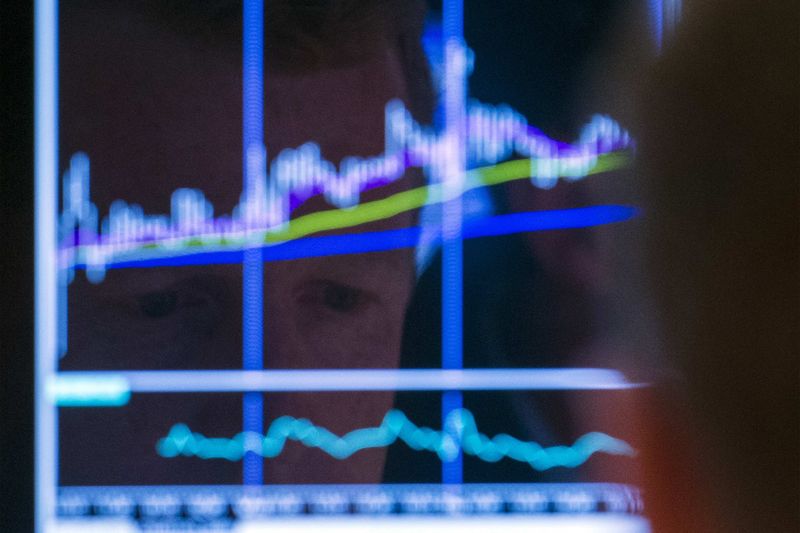Benzinga - by Neil Dennis, Benzinga Staff Writer.
An alleged draft of the European Union’s Artificial Intelligence (AI) Act was leaked on Monday.
Companies were already aware of what might be asked of them to comply with European regulations, but the 892-page leaked document, according to Euractiv, shows the timeline is tight and will be costly.
This could be a problem for start-up companies, who may lack funding and the adequate legal representation to negotiate the regulatory framework at speed. Under such circumstances, European regulators could inadvertently push the next OpenAI out of business before it’s even made an impact.
These are the concerns of businesses and commentators within the European AI industry, who fear the knowledge gap between developers and regulators could stifle innovation as fast-paced technological developments outpace regulators’ abilities to legislate.
EU Is The First To Regulate AI
Simon Portman and Mike Williams, intellectual property lawyers at Marks & Clerk, believe there’s little merit in being first out of the regulatory gate if the aim of protecting the public is outweighed by the damage inflicted because they “end up strangling Europe’s AI industry at birth.”“There has been vocal pushback from industry in the EU, particularly from companies and innovators in France and Germany who fear being eclipsed by the U.S.,” they say.
Indeed, in the U.S. AI firms have been given pretty much a free rein as big tech companies have enjoyed a self-regulatory framework so far, and any plans for future regulation of the industry have yet to be announced.
This light touch has its critics, but it has allowed enormous leaps forward, as illustrated by companies such as Mirosoft Corp (NASDAQ:MSFT) and its AI partner OpenAI, who have both made keystone contributions to the development of chatbots.
Meanwhile, Amazon.com Inc (NASDAQ:AMZN) has opened up vast cloud capabilities on which new generative AI (GenAI) systems will be built, and Nvidia Inc (NASDAQ:NVDA) is developing the semiconductor processing power that will help achieve new AI use cases and innovations.
Also Read: Let Bears Fret About Tech Valuations: How AI Leaders Microsoft, Nvidia And Google Can Push Higher
Hitting A Moving Target
Some might argue, these companies are now moving forward at such a pace that even trying to impose AI regulations on them would be like trying to hit a swiftly moving target.“Its exponential evolution means that regulations drafted now could be completely left behind by what they are trying to rein in long before they come into force,” Portman and Williams say.
Other criticisms of the proposed act include its broad definition of AI, which means that some companies developing non-AI tech for industry may still be caught within its framework.
Companies are also concerned about costs. “Compliance requirements will have to be met during design, implementation and commercial roll-out. This will be expensive and time consuming, a particular problem for start-ups,” say the intellectual property lawyers.
Pushback Expected
There has been some pushback, and it has been suggested that France and Germany could ask for delays in the legislation.French president Emmanuel Macron, warning that overzealous regulation stifles innovation, has observed that there is not much point in being the leading regulator of an industry you don't actually operate in, the Financial Times reports.
And Europe’s AI industry isn’t the multi-billion dollar behemoth that exists in the U.S. It is a much more fragile beast, mainly composed of small innovators — much like OpenAI — but with venture capital backing, rather than the partnership of technology giants like Facebook (NASDAQ:META) and Google (NASDAQ:GOOGL).
Thus, it appears that the U.S. will continue to dominate the industry as it benefits from the advantage of a light-touch regulatory landscape.
Now Read: Alibaba Springs Back To Life As Co-Founders Scoop Up Shares: ‘It’s Jack Ma — Hot For His Stock’
Photo: Shutterstock
© 2024 Benzinga.com. Benzinga does not provide investment advice. All rights reserved.
